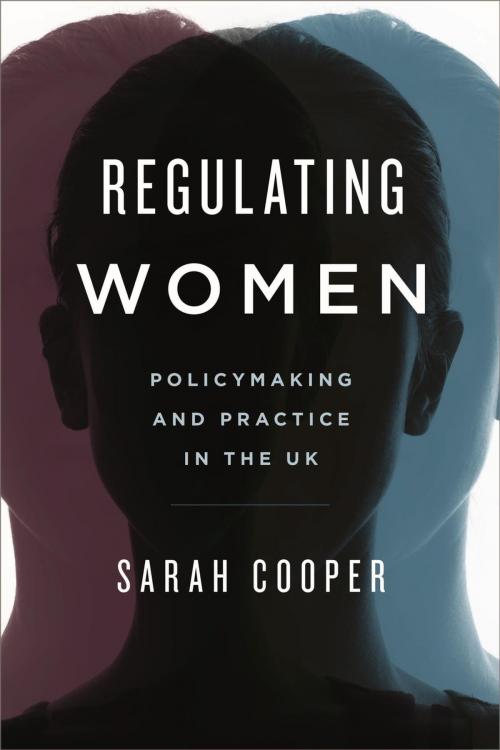Regulating Women
Policymaking and Practice in the UK
Nonfiction, Social & Cultural Studies, Political Science, Government, Public Policy, Social Science, Gender Studies| Author: | Sarah Cooper | ISBN: | 9781783481866 |
| Publisher: | Rowman & Littlefield International | Publication: | February 17, 2016 |
| Imprint: | Rowman & Littlefield International | Language: | English |
| Author: | Sarah Cooper |
| ISBN: | 9781783481866 |
| Publisher: | Rowman & Littlefield International |
| Publication: | February 17, 2016 |
| Imprint: | Rowman & Littlefield International |
| Language: | English |
A number of women’s issues serve to create novel policy problems that require creative, and sometimes unique, regulatory and legal responses. This book embarks upon a comparative case study approach to explore UK policymaking in the areas of abortion, rape, prostitution and pornography in turn. Each chapter engages a different institutional perspective to explore the influence of a range of bodies such as the legal system, medical profession, civil society, police force and mass media. The analysis reveals a common thread that runs throughout decision-making in these areas; a constant balancing act between regulation that purports to protect women, and regulation that supposedly reflects female liberation, with a continual dance between the labels of ‘criminal’ and ‘victim’ being performed by policy actors.
Largely reflective of a dogmatic approach to the status of women, it is argued that different institutions retain strongholds over policymaking in these domains, prohibiting a joined-up approach. This has served to perpetuate harmful and negative stereotyping of women’s issues and create countless conundrums when the activities of women fall into more than one policy category.
A number of women’s issues serve to create novel policy problems that require creative, and sometimes unique, regulatory and legal responses. This book embarks upon a comparative case study approach to explore UK policymaking in the areas of abortion, rape, prostitution and pornography in turn. Each chapter engages a different institutional perspective to explore the influence of a range of bodies such as the legal system, medical profession, civil society, police force and mass media. The analysis reveals a common thread that runs throughout decision-making in these areas; a constant balancing act between regulation that purports to protect women, and regulation that supposedly reflects female liberation, with a continual dance between the labels of ‘criminal’ and ‘victim’ being performed by policy actors.
Largely reflective of a dogmatic approach to the status of women, it is argued that different institutions retain strongholds over policymaking in these domains, prohibiting a joined-up approach. This has served to perpetuate harmful and negative stereotyping of women’s issues and create countless conundrums when the activities of women fall into more than one policy category.















